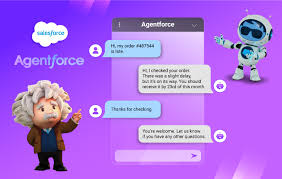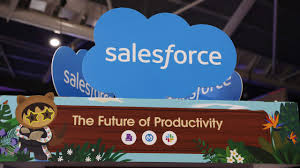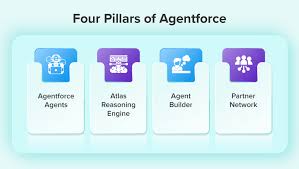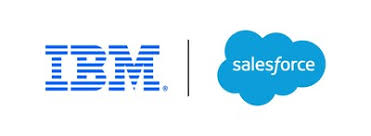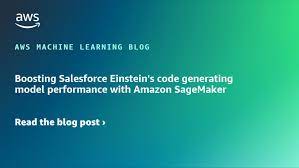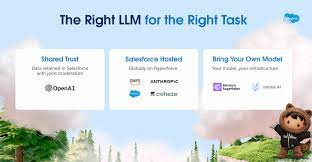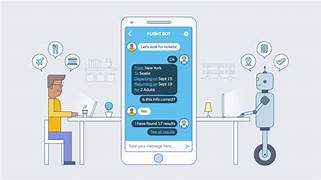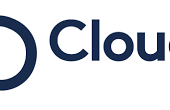Salesforce and AWS-Agentic Enterprise
Salesforce and AWS: Driving the Future of the Agentic Enterprise As AI-powered agents redefine the way businesses operate, strategic partnerships are playing a pivotal role in harnessing the power of data and artificial intelligence. Salesforce and AWS, two industry leaders, have taken significant steps toward building a smarter, agentic enterprise through their expanded collaboration. One year into this strategic partnership, their joint efforts are delivering transformative AI and data solutions, helping customers like Buyers Edge Platform unlock new efficiencies and capabilities. A Partnership Fueling Agentic AI Salesforce and AWS are aligning their AI and data initiatives to pave the way for advanced agentic systems—autonomous AI agents designed to enhance business operations and customer experiences. Among their notable achievements over the past year are: These innovations are creating an ecosystem that supports the delivery of agentic AI, enabling businesses to streamline operations and tap into new value from their data. “By integrating data and AI capabilities across our platforms, Salesforce and AWS are building a strong foundation for the future of agentic systems,” said Brian Landsman, EVP of Global Business Development and Technology Partnerships at Salesforce. “With a majority of large companies planning to implement agents by 2027, organizations need trusted partners to help them achieve their vision of a smarter enterprise.” Making AI More Accessible Salesforce is simplifying access to AI technology through the AWS Marketplace, offering customers an integrated solution that includes Agentforce—the agentic layer of the Salesforce platform. Agentforce enables businesses to deploy autonomous AI agents across various operations, streamlining workflows and delivering measurable results. Available in 23 countries, Salesforce’s presence on AWS Marketplace offers customers key advantages, including: By removing barriers to adoption, Salesforce and AWS empower companies to focus on leveraging technology for growth rather than navigating complex procurement systems. A New Era of Enterprise Efficiency As businesses increasingly rely on data and AI to remain competitive, the Salesforce-AWS partnership is setting the stage for enterprises to achieve more with agentic systems. These systems allow companies to execute complex tasks with unprecedented efficiency, maximizing ROI on technology investments. “Our partnership with Salesforce empowers mutual customers to realize the full potential of their data and AI investments,” said Chris Grusz, Managing Director of Technology Partnerships at AWS. “Together, we’re delivering immediate, actionable insights with agentic AI, enabling organizations to automate strategically and unlock more value across their operations.” Looking Ahead By seamlessly integrating data and AI capabilities, Salesforce and AWS are not just building technology solutions—they’re reshaping how enterprises operate and thrive in the digital age. As agentic AI becomes an essential part of business strategy, this partnership provides a blueprint for leveraging technology to drive smarter, more agile, and more effective enterprises. Like Related Posts Salesforce OEM AppExchange Expanding its reach beyond CRM, Salesforce.com has launched a new service called AppExchange OEM Edition, aimed at non-CRM service providers. Read more The Salesforce Story In Marc Benioff’s own words How did salesforce.com grow from a start up in a rented apartment into the world’s Read more Salesforce Jigsaw Salesforce.com, a prominent figure in cloud computing, has finalized a deal to acquire Jigsaw, a wiki-style business contact database, for Read more Health Cloud Brings Healthcare Transformation Following swiftly after last week’s successful launch of Financial Services Cloud, Salesforce has announced the second installment in its series Read more

